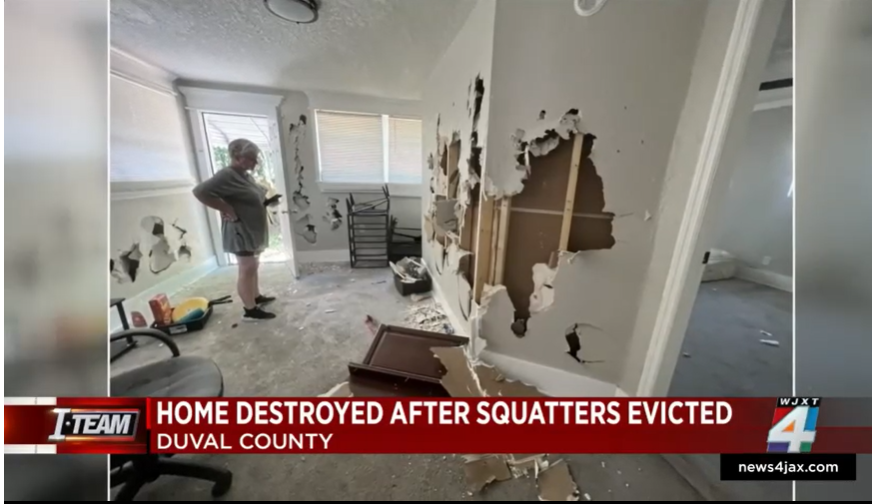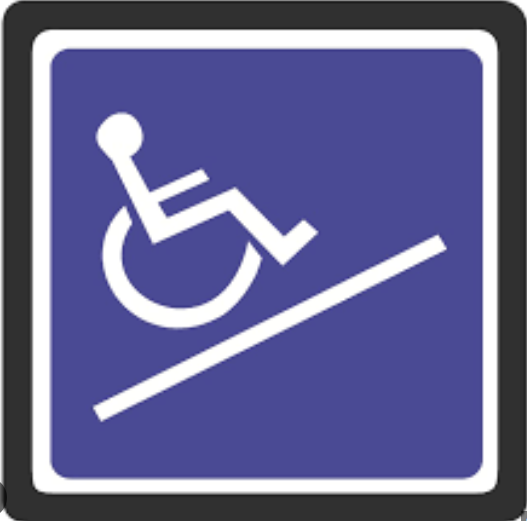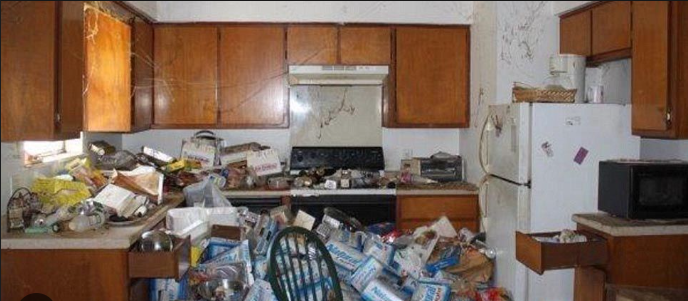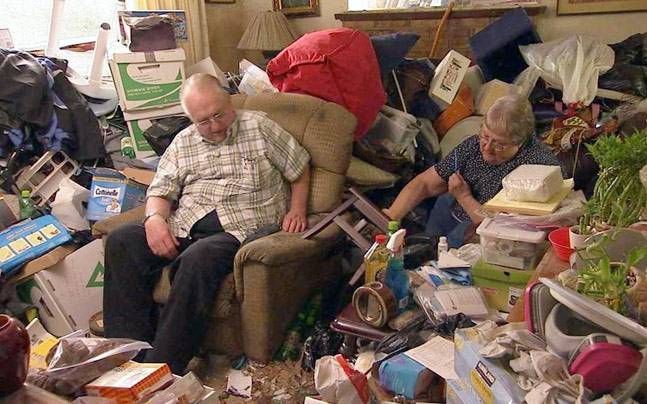
Security Deposits
What Are The Rules?
In Florida, the rules governing security deposits for residential leases are primarily found in the Florida Statutes, specifically Chapter 83, Part II. Here are some of the key points:
Handling of Security Deposits
- Deposit Location and Notice:
- Landlords must inform tenants in writing within 30 days of receiving the security deposit about where and how the deposit is being held (e.g., in a separate account, in an interest-bearing account, or in a non-interest-bearing account). This is usually done within the lease.
- The landlord can not commingle Security Deposits (or Advanced Rent) with any other funds of the landlord;
- Types of Accounts:
- Non-Interest-Bearing Account: The deposit can be held in a separate non-interest-bearing account in a Florida banking institution.
- Interest-Bearing Account: The deposit can be held in an interest-bearing account in a Florida banking institution, with the tenant receiving interest.
- Surety Bond: The landlord can post a surety bond with the county clerk where the rental property is located.
- Interest on Deposits:
- If held in an interest-bearing account, the tenant must be paid at least 75% of the annualized average interest rate or 5% per year, whichever the landlord chooses.
Return of Security Deposits
- Time Frame for Return:
- The landlord must return the security deposit within 15 days after the tenant vacates the premises if there are no deductions.
- If there are deductions for damages, unpaid rent, or other reasons, the landlord has 30 days to provide the tenant with written notice of the intention to impose a claim on the deposit. Click Here For The Form
- Written Notice:
- The written notice must be sent by certified mail to the tenant’s last known address and must detail the amount of the deposit to be withheld and the reason(s) for the claim.
- Tenant’s Response:
- The tenant has 15 days to object in writing to the landlord’s claim. If the tenant does not respond, the landlord can deduct the stated amount and return any remaining balance to the tenant within 30 days after the initial notice period.
Disputes and Legal Action
- If there is a dispute over the security deposit, either party can seek resolution through the courts. The prevailing party in such a dispute may be entitled to recover court costs and attorney’s fees.
Additional Considerations
- Move-In/Move-Out Inspections: While not required by law, it is advisable for both landlords and tenants to conduct a move-in and move-out inspection and document the condition of the property to avoid disputes over the security deposit.
- Itemized List of Damages: It is good practice for landlords to provide an itemized list of any damages and repairs deducted from the security deposit.

Fair Housing Law Landlord Responsibilities Federal fair housing laws in the United States, primarily governed by the Fair Housing Act ( FHA ) of 1968, aim to ensure equal access to housing and prohibit discrimination in housing-related activities. The FHA applies to most housing types, including rentals, sales, and financing, with limited exceptions (e.g., certain owner-occupied buildings with four or fewer units or single-family homes sold without a broker). Here’s a summary of the key points and landlord responsibilities:

There are three federal laws that regulate and define what a service dog is: The Americans with Disabilities Act, the Fair Housing Act and the Air Carrier Access Act. The Americans with Disabilities Act (ADA) defines service dogs as “trained to do work or perform tasks for people with disabilities”. Under the ADA, individuals with a disability include someone with a physical or mental health impairment that limits their life.

Tenants who have a bad rental history or a criminal history need a place to live just like everyone else. These characters know they can’t rent from large, well managed apartment communities because they check references. So, who are they looking for? They are looking for a nice, private landlord who thinks he’s is a good judge of character.

Our eviction business has seen a sizeable increase in the number of squatters moving into empty rental units. The stories are similar. The landlord discovers strangers have taken up residency in their rental home. Naturally, they are angry and worried. Will they become violent? Will they destroy the house? How do I get them out?

Tenant Screening - Why Use a Telephone Script? Benefits: To stay in control of the conversation. This is a business call. Treat it that way. To make sure everything you say is accurate with no hint of any kind of discrimination. To do a little preliminary tenant screening To send a strong signal that you are a good manager and that you will conduct a through background check before renting. To keep the conversation brief but thorough presenting a professional demeanor. Remember: Callers with a track record of broken leases, evictions, criminal history, etc. carefully listen to every word. They are less likely to call you back if they learn you are a good manager and that you will do a through background check including credit history, rental history, criminal history and demand proof of sufficient income. Also remember : The best tenants are just as fearful they will end up with a bad landlord as you are of a bad tenant. Good tenants like to hear your professional, through, business like tone. They want to hear you say you will conduct a background check. Also remember : The best tenants are just as fearful they will end up with a bad landlord as you are of a bad tenant. Good tenants like to hear your professional, through, business like tone. They want to hear you say you will conduct a background check.





















